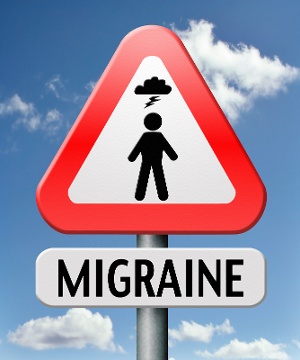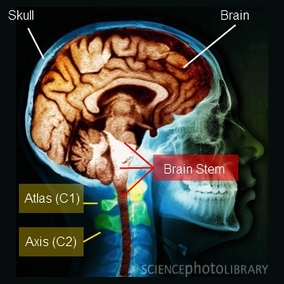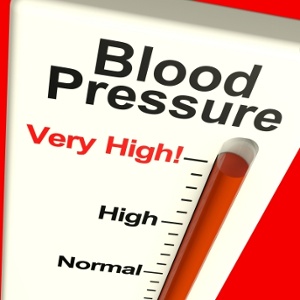 PTSD and Post-Concussion Syndrome
PTSD and Post-Concussion Syndrome
In 2012, conducting a study using 239 people with mild traumatic brain injuries (MTBI) also called concussions, doctors from the Department of Rehabilitative Medicine at the University of Washington. They noted that after six months 17% of them developed symptoms of post-traumatic stress disorder (PTSD), which is consistent with previous studies.
Now, many people assume that a person has to have lost consciousness in order for them to have suffered from a concussion, but a loss of consciousness is not necessary for this type of head injury to occur. The interesting thing about PCS is that the severity of a person’s initial injury does not determine whether or not they will develop this health problem as a result of their concussion.
Though, research does seem to point to the theory that there is a connection between this type of MTBI , post-concussion syndrome, and post-traumatic stress disorder. They all have similar symptoms, including headaches, irritability, difficulty concentrating, and more.
The Common Connection
Now, the one thing those three injuries have in common is that they may be related to head and neck injuries a person suffered. Those initial injuries may lead to a misalignment in the upper cervical spine, which are the top two bones in the upper neck vertebrae.
When those two bones are out of alignment by only ¼ of a millimeter, they can place enough pressure on the brainstem to hinder communication between the brain and the body. Realigning those top two bones can restore that communication process, so as to allow the body to heal itself from any effects of concussions or post-concussion syndrome.



 Natural Migraine Headache Relief
Natural Migraine Headache Relief Migraines Apex North Carolina
Migraines Apex North Carolina Migraine Headaches Apex North Carolina
Migraine Headaches Apex North Carolina Migraines in Apex North Carolina
Migraines in Apex North Carolina How Are Migraines Related to High Blood Pressure?
How Are Migraines Related to High Blood Pressure?